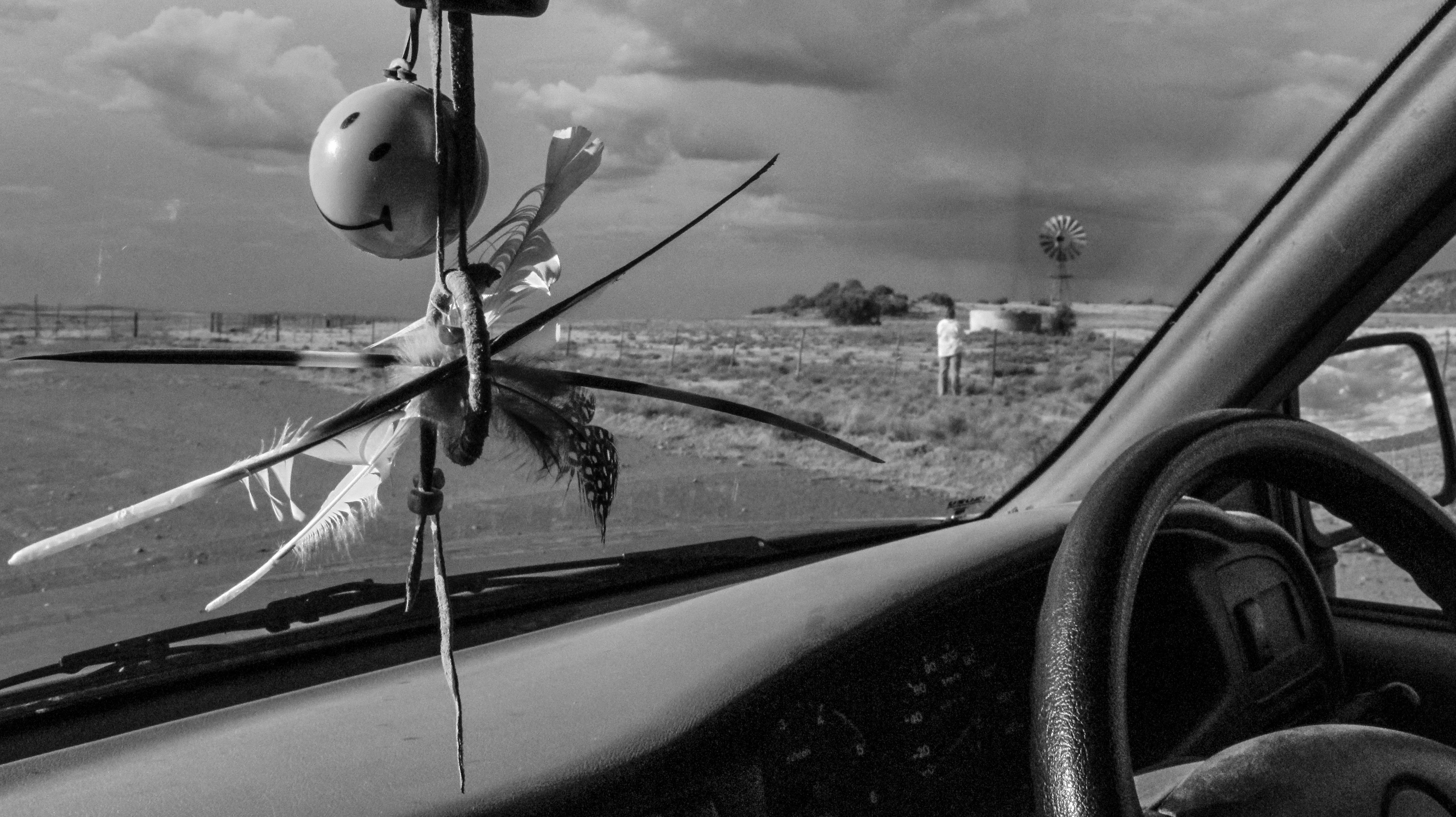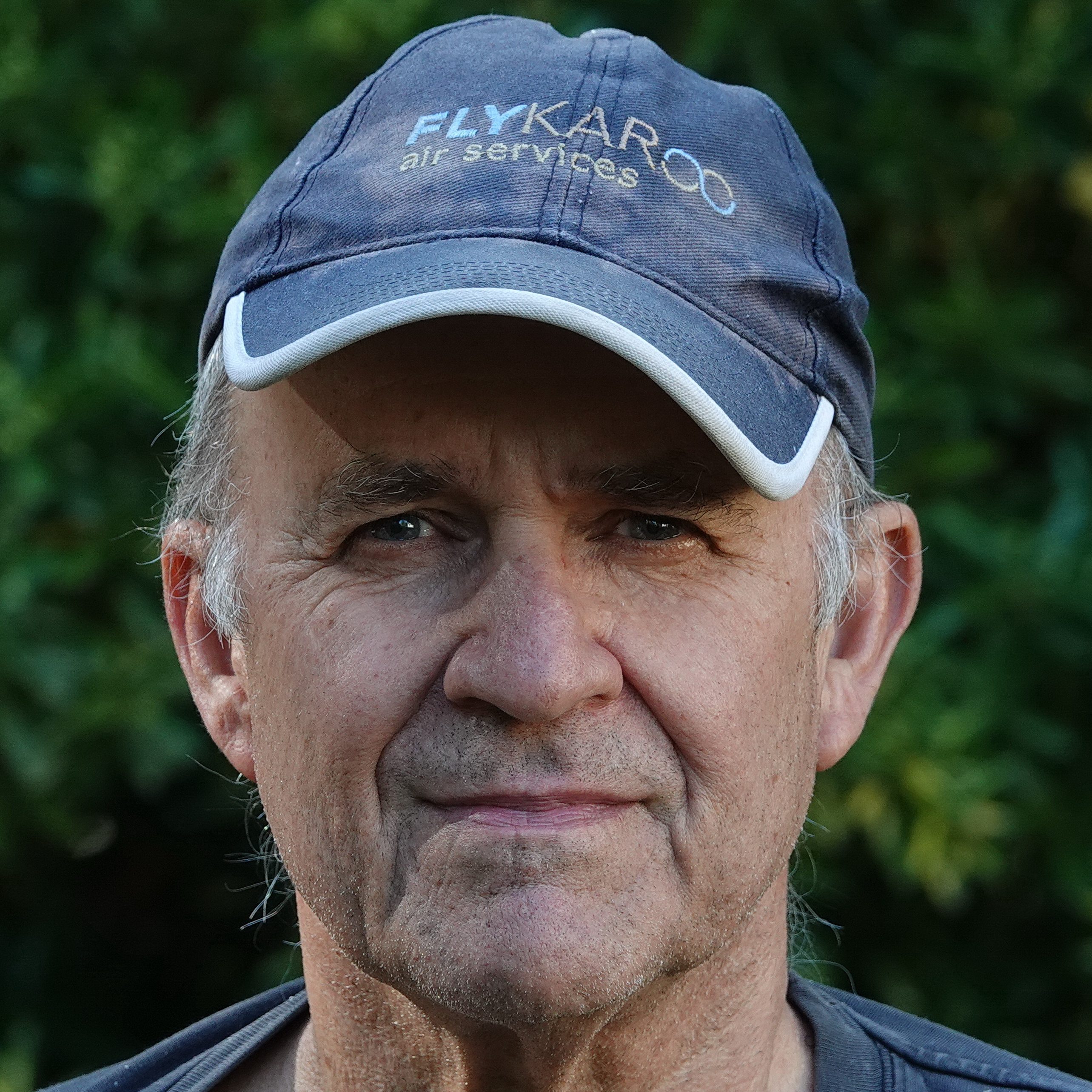The Karoo region of South Africa is a part-time dustbowl spanning nearly half a million square kilometres, where the permanent human population spreads across 100 settlements and does not number much more than a million.
If you were a Karoo resident, that means you and a mate could share a whole square kilometre of dusty space, complete with clear blue sky and the odd sun-basking meerkat for random company.
However, the real magic of the Big K comes when you cross it in a motor car, be it a throbbing German SUV with everything that opens, shuts, hums and thrums, or cruising the endless, arrow-straight blacktops in a vintage convertible Chevrolet party car. In fact, as long as your vehicle has good tyre clearance and a hardy disposition, it’s good to go in the Karoo.
Read more: Escaping to the Karoo for remarkable back road adventures in a trusty double-cab
CNN Travel once voted Route 62 in the Little Karoo between Robertson and Oudtshoorn one of the Top 10 road trips in the world, but that’s only because they probably haven’t sampled Route 63, Route 56, the N14 or the R355 in the Great Karoo yet. You could ride forever in this region and never tire of it. Believe me. I do this stuff for a living.
 The best vehicle for serious Karoo-Kalahari back-country roads. (Photo: Chris Marais)
The best vehicle for serious Karoo-Kalahari back-country roads. (Photo: Chris Marais)
 A popular fancy car rally at the Victoria Manor Hotel, Cradock. (Photo: Chris Marais)
A popular fancy car rally at the Victoria Manor Hotel, Cradock. (Photo: Chris Marais)
 And then the trains came – and then they left. Are they on their way back? (Photo: Chris Marais)
And then the trains came – and then they left. Are they on their way back? (Photo: Chris Marais)
Gate duty
These days, a Karoo road trip is a rich experience replete with wayside donkey carts, farm stalls, mind-blowing geography, spellbinding history, tumbledown villages, some of the finest people and quietest highways you’ve ever come across.
A century ago, it was another story. The seemingly endless journey between Johannesburg and Cape Town through the dry heart of South Africa was constantly broken by many, many farm gates that had to be negotiated. Farmworkers’ kids cottoned on fast and used to hang out at the gates, opening and closing them in exchange for boiled sweets. The kind your great-grandparents kept in chubby little bottles to suck on long drives.
Now it’s the Great North Road, the N1 that can be negotiated from Joburg to the Mother City in a day.
That’s if you leave before dawn, pin your ears back, drive fast and stop only for fuel and a meaty pie. But, really, who in the world wants to gobble up a road-feast so fast? We once did the Joburg-Cape Town journey in a world record time of 23 days. And yet, we still missed a few spots.
 A youngster admiring one of the newfangled motorised beasts arriving in town. (Photo courtesy Pagel House, Aberdeen)
A youngster admiring one of the newfangled motorised beasts arriving in town. (Photo courtesy Pagel House, Aberdeen)
 One of the hundreds of gates you passed through between Cape Town and Joburg. (Photo courtesy Pagel House, Aberdeen)
One of the hundreds of gates you passed through between Cape Town and Joburg. (Photo courtesy Pagel House, Aberdeen)
 The old Zeederberg coach lines once ran across most of South Africa. (Photo courtesy Pagel House, Aberdeen)
The old Zeederberg coach lines once ran across most of South Africa. (Photo courtesy Pagel House, Aberdeen)
Jewels from the dump
A couple of years ago, a friend from Aberdeen in the Eastern Cape Karoo called up to say she had been given an album containing some incredibly valuable historical photographs.
Lyn Dugmore, owner of Pagel House B&B, said the album had been retrieved from the local rubbish dump. Intrigued, we paid her a visit.
Read more: Tracks across the veld – transport legends of the Old Karoo
In the mix of venerable, occasionally yellowed shots was a selection of old-time transport images of trans-Karoo travel, from Cape carts to the Zeederberg coaches to a local Aberdeen bus surrounded by admiring young lads, one of whom seemed to be wearing a top hat.
One of the Cape carts pictured was approaching an open gate. Whether it was simply a farm gate or a toll gate somewhere on the Cape-to-Kimberley run is unknown. Those humble photographs capture an epoch of pre-rail Karoo transport, the traces of which you’ll find all over the Heartland.
 Trekking past the old Aberdeen post office on the way to the diamond fields. (Photo courtesy Pagel House, Aberdeen)
Trekking past the old Aberdeen post office on the way to the diamond fields. (Photo courtesy Pagel House, Aberdeen)
 The early travellers: The much-venerated Cape cart. (Photo courtesy Pagel House, Aberdeen)
The early travellers: The much-venerated Cape cart. (Photo courtesy Pagel House, Aberdeen)
Prickly pear juice
Turning back the history pages to the 1920s, the famous South African travel author Lawrence G Green tells of the first time he went on a Karoo road trip, covering a crazy expedition in a car running on prickly pear fuel all the way from Cape Town to the Rhodesian (now Zimbabwean) city of Bulawayo.
Although it didn’t end well for the driver (“a famous racing motorist of his day”, who inhaled the prickly pear fluid and died), Green developed a deep respect for the landscapes and the locals he encountered on the way.
“I came to love the Karoo plains and the distant mountains, blue in the morning, pink and purple at sunset.”
 The pure joy of driving down a forgotten Karoo back road. (Photo: Chris Marais)
The pure joy of driving down a forgotten Karoo back road. (Photo: Chris Marais)
 Still the basic mode of travel in the Karoo. (Photo: Chris Marais)
Still the basic mode of travel in the Karoo. (Photo: Chris Marais)
 Cross-Karoo travel in the 1950s during the Wool Boom. (Photo courtesy Pagel House, Aberdeen)
Cross-Karoo travel in the 1950s during the Wool Boom. (Photo courtesy Pagel House, Aberdeen)
Pioneer cars
When the motor car replaced the wagon and cart as a Karoo mode of transport, there were mixed reactions. The pioneer brands to pitch up were Ford (Tin Lizzies), Chevrolets and Austins. The nippy little Baby Austin, in particular, was a favoured getaway car for diamond smugglers up in the Nama Karoo parts of the Richtersveld.
The late Oom Johannes Willemse of Theefontein Farm near Beaufort West used to tell this typical tale:
“I knew a farmer up in the Kenhardt area who was quite rich. And when the first cars arrived, he rode into town on his horse-and-buggy and paid his £20 for a brand-new vehicle.
“The salesman gave him a quick driving lesson and off he went, homewards. By the time he arrived at his farmstead, however, he’d forgotten the lesson about how to stop the car.
“In a blind panic, he drove around and around the farmhouse, yelling ‘Whoa! Whoa!’ but the car would not listen.
“When darkness fell, he managed to find the headlights of this unstoppable car. After a few hours of driving in the dark, he shouted to the children gathered in the yard to throw stones at the car and blind it so it would finally die.
“Some of the stones found their mark, and the headlights went out. The farmer drove on into the dark and eventually crashed into a tree. The car became a wonderful chicken coop. The farmer went back to his horse-and-buggy.” DM

For an insider’s view on life in the South African Heartland, get the Karoo Quartet set of books (Karoo Roads I-IV by Chris Marais and Julienne du Toit) for only R960, including taxes and courier costs in South Africa. For more details, contact Julie at julie@karoospace.co.za




 Cross-Karoo travel in the 1950s during the Wool Boom. (Image courtesy Pagel House, Aberdeen)
Cross-Karoo travel in the 1950s during the Wool Boom. (Image courtesy Pagel House, Aberdeen) 